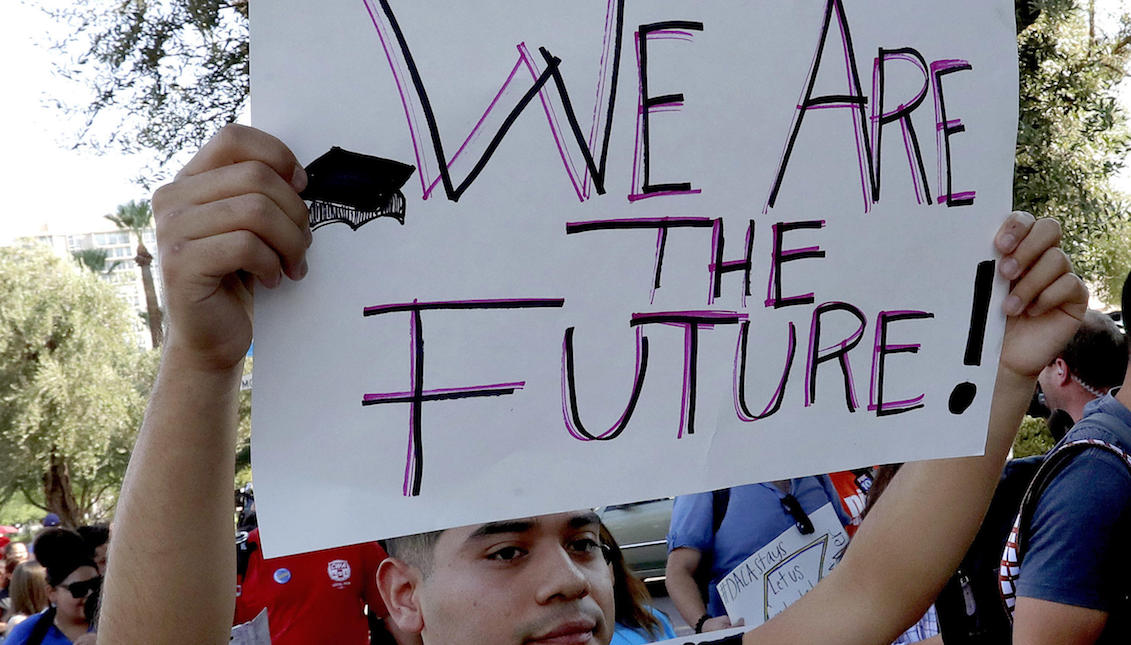
The government urges the Supreme Court to end DACA as soon as possible
In a move that seeks to bypass the Court of Appeals, the government has urged the Supreme Court to evaluate the DACA case as soon as possible, in hopes that it…
While the country was mobilizing in the hours leading up to the mid-term elections, the government's anti-immigrant machinery focused on trying to give the coup de grace to the Deferred Action for Childhood Arrivals Program, DACA.
According to national media, "the Trump administration urged the U.S. Supreme Court on Monday to take up the legal battle over the future of DACA," trying to get the Court to consider the matter even before one of the federal courts that has blocked the suspension of the program reaches a verdict.
The Justice Department's argument has been that "if the judges don’t act quickly, it will probably be too late to put the case on this year's agenda," which would force the government to keep the program going for at least one more year.
Since President Donald Trump announced the suspension of the program at the beginning of his term, Congress has not been able to reach an agreement to obtain a path to citizenship for the more than 700,000 young people covered by the program, nor to permanently suspend it.
Following the class action lawsuit brought by the state of Texas against the program, the decision of several federal courts has impeded its suspension. The first in doing so was the federal court of San Francisco, whose decision was appealed by the government in the 9th Circuit, which was to issue its ruling in the case at the end of last month. According to the government's solicitor general, Noel Francisco, "this has not happened."
RELATED CONTENT
This absence of opinion allows the government to exert some kind of pressure against the Supreme Court, although many anticipate that it will be useless.
"It normally takes at least two months to get a case to the Supreme Court, ready for the justices to consider whether to hear the appeal," explained Pete Williams, NBC correspondent at the Justice Department. "But by mid-January, the court has typically filled up the argument calendar for the term, which ends in late June. So if the California appeals court doesn’t rule on the DACA issue soon, there would be little chance of getting the case on the Supreme Court’s docket in the current term."
Likewise, the government's strategy of skipping due judicial process is an extreme and unjustified measure that has not been used since the Nixon Era.
As explained by San Francisco University professor of immigration law, Bill Ong Hing, to the San Francisco Chronicle, "This is an unheard-of process" that is not justly argued. "This is not life and death, not national security… There’s no imminent threat to anything."
"It’s an extraordinary measure," Greisa Martinez, DACA recipient and executive deputy director of immigrant advocacy group United We Dream, told CBS News. "(Mr. Trump) is trying to use the Supreme Court to move forward his political goals of wiping this country of young people of color.”










LEAVE A COMMENT: